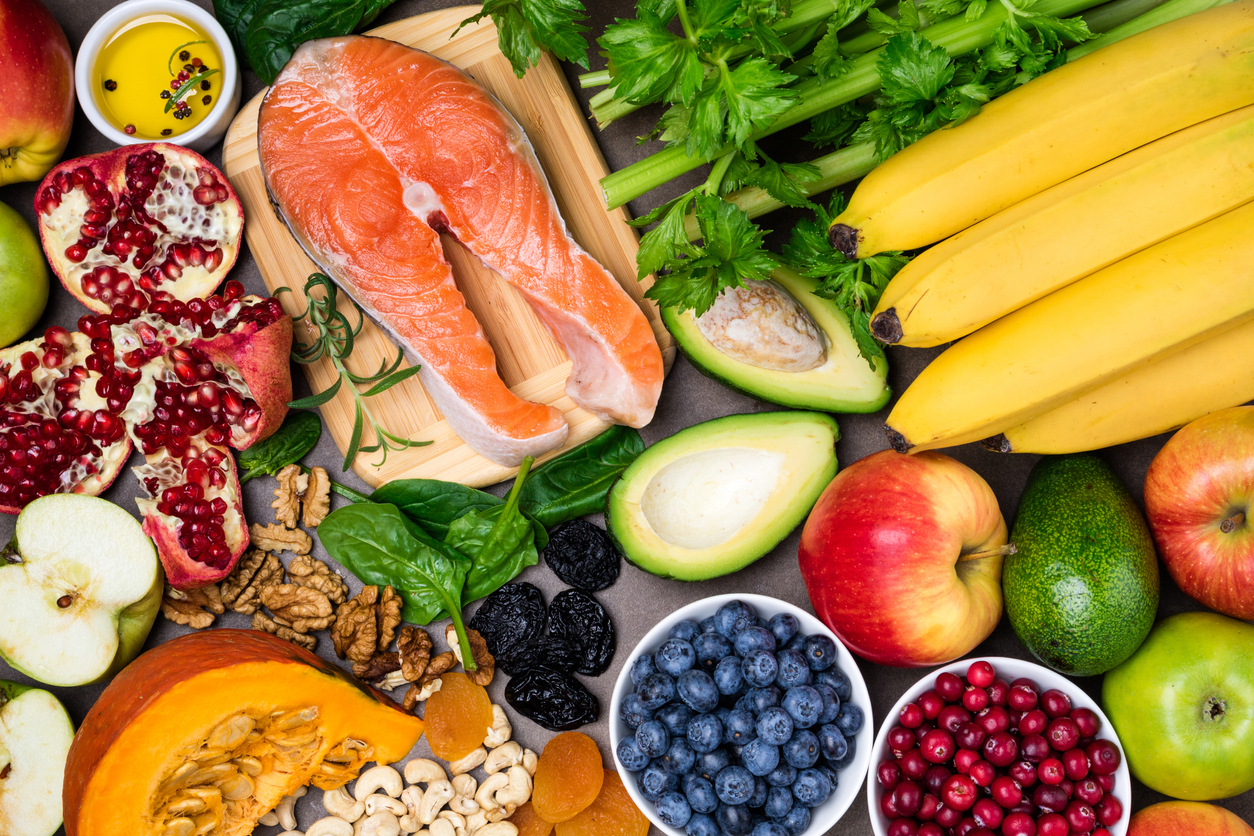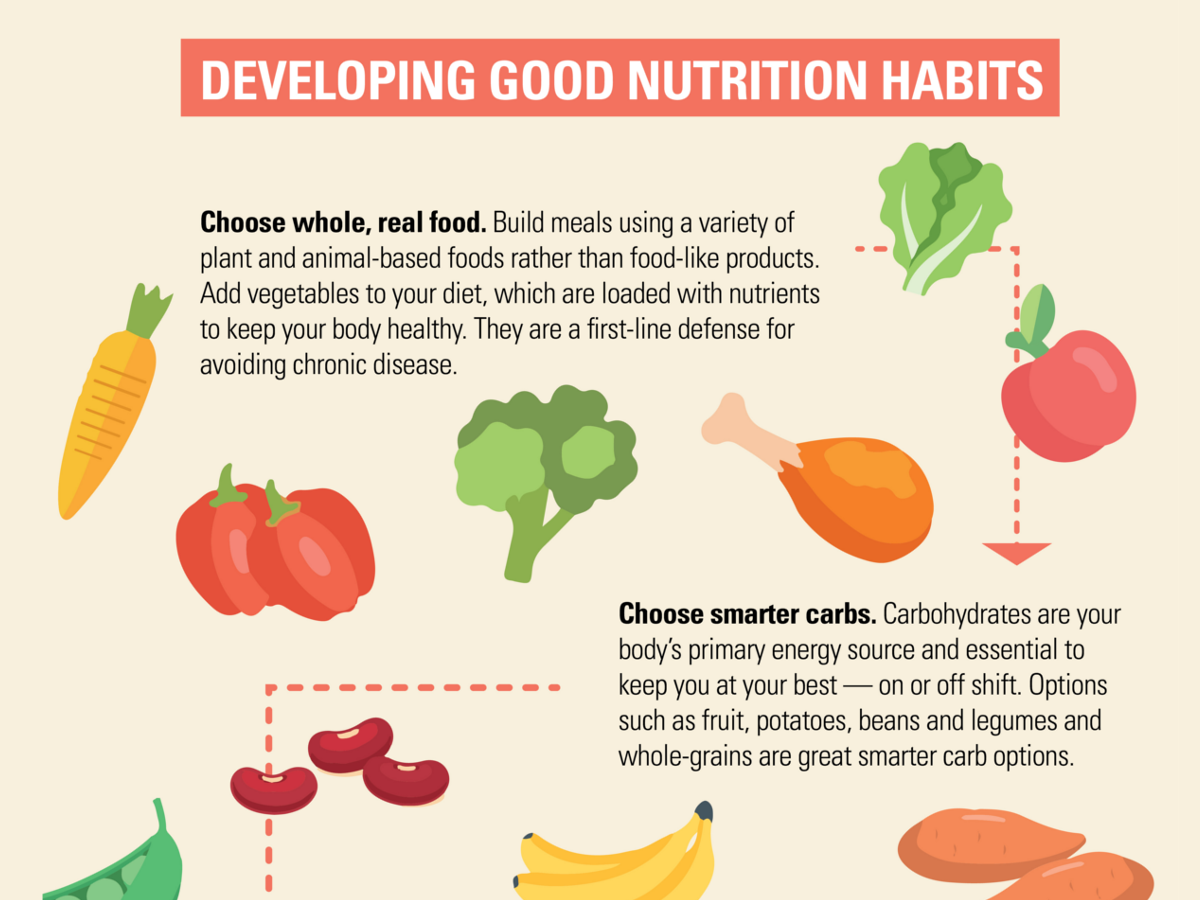

Consider a typical evening after a long day at work, picking up the kids, sitting in traffic and arriving home at 6:00 PM. Making smart choices is especially challenging when life becomes hectic. Clients may notice that it’s easier to make healthy lifestyle decisions early in the day. Keeping a detailed food record (either on paper or online) that allows for subjective comments for two to three days is a great starting point. Understanding patterns and triggers/cues is far more useful than calculating calories and macros. Calories count, but you do not always need to count them. Help your clients recognize and care about what they are (and are not) eating and how much. Because many people have a tendency to mindlessly consume food, awareness is the vital first step in developing healthier habits. Azrin, a behavioral modification researcher, psychologist and university professor.

“Once you’re aware of how your habit works-once you recognize the cues and rewards-you are halfway to changing it,” writes Dr. According to researcher James Prochaska, lead developer of the Transtheoretical Model of Behavior Change and author of Changing to Thrive (Hazelden, 2016), when people start exercising regularly they also start eating better, become more productive, smoke less and show more patience with colleagues and families.Īdvising clients to adopt the following five habits may help improve their chances for success for healthy eating: What are the keystone habits for improved nutrition? Exercise is certainly one. As health psychologist and author Kelly McGonigal writes, “When put to the scientific test, messages push people toward the very behaviors the health professionals hope to change.” In other words, this tactic actually increases unhealthy behaviors. What are the associative habits that lead to healthier behaviors? Your clients undoubtedly know they should eat a variety of whole, unprocessed foods, but how do you help your clients turn choosing whole foods into a daily behavior?Ĭontrary to what some believe, invoking fear or shame in your clients does not work.
#NUTRITIONAL HABITS PROFESSIONAL#
Clients may be looking for immediate results, but they hire a health and exercise professional to help them learn, grow and progress in multiple areas of health and wellness. Adaptation is a process, and being process-oriented rather than results-oriented may actually lead to better long-term results (and therefore, better client retention). Thus, if you want to encourage your clients to adopt a healthier lifestyle, focus on the process. And, unfortunately, as Duhigg writes, some habits are “so strong, that they cause our brains to cling to them at the exclusion of all else… including common sense.” The decision to stop on the way to work for a coffee drink or eat candy in the afternoon may not be a conscious thought, but a habit driven by a cue. If this same theory also holds true for food decisions, many people probably put little-to-know thought into half of their intake. That is, we complete tasks without a conscious thought (brushing your teeth and backing out of the driveway, for example, require almost no effort).

However, if you aren’t talking to your clients about their health behaviors and nutrition, you could be missing important areas of potential improvement.Īccording to Charles Duhigg, author of The Power of Habit (Random House, 2012), nearly half of the decisions we make in a day are not actually decisions-they are habits. When it comes to discussing behavior change and nutrition with your clients, it is outside of your scope of practice as a health and exercise professional to provide psychological counseling or detailed menu plans (unless you have additional credentials in that field).


 0 kommentar(er)
0 kommentar(er)
